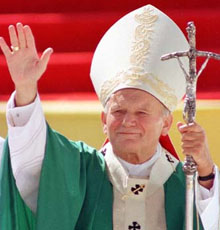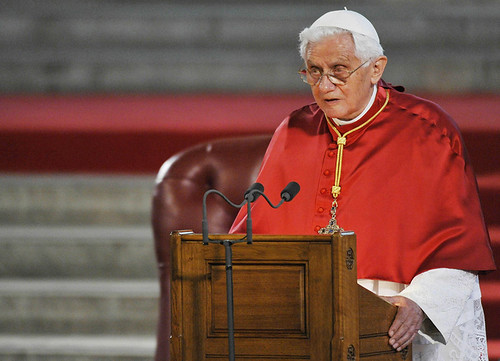On April 8th, we will be celebrating the 250th anniversary of the birth of Blessed William Joseph Chaminade. Blessed Chaminade once said that "we are called to be a people of saints," in his honor lets us pray today for the members of the Marianist family who are currently under consideration for canonization.
Blessed
· Father William Joseph Chaminade (founder, 1761–1850)
· Brother Carlos Erana (Civil War martyr in Ciudad Real, 1884-1936)
· Brother Jesus Hita (Civil War martyr in Ciudad Real, 1900-1936)
· Brother Fidel Fuidio (Civil War martyr in Ciudad Real, 1880-1936)
· Father Jakob Gapp (World War II martyr in Berlin, 1897-1943)
· Father Miguel Leibar (Civil War martyr in Madrid, 1885-1936)
· Brother Florencio Arnaiz (Civil War martyr in Madrid, 1909-1936)
· Brother Joaquin Ochoa (Civil War martyr in Madrid, 1910-1936)
· Brother Sabino Ayastuy (Civil War martyr in Madrid, 1911-1936)
Venerable
· Mother Adèle de Batz de Trenquelléon (founder, 1789-1828)
· Mademoiselle Marie Thérèse de Lamourous (founder and layperson, 1754-1836)
· Faustino Pérez-Manglano (consecrated Marianist sodalist, 1946-1963)
Servants of God
· Father Domingo Lazaro (1877-1935)
· Father Vicente Lopez de Uralde (1894-1990)
 This article entitled "Rising from the Dead vs. Resurrection" was written by Msgr. James McNamara and appeared in the April 27th edition of The Long Island Catholic.
This article entitled "Rising from the Dead vs. Resurrection" was written by Msgr. James McNamara and appeared in the April 27th edition of The Long Island Catholic. 












